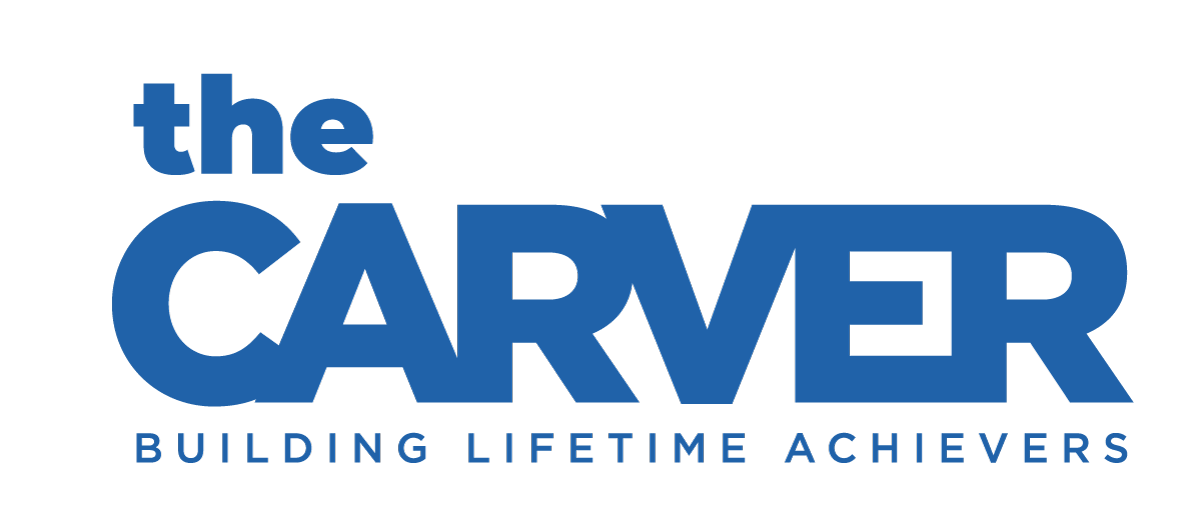Deloitte’s annual day of service—Impact Day—is a longstanding tradition both globally and at Carver. The Impact Day at Carver is led by Deloitte employee and member of the Carver Board of Directors, and also Carver's Treasurer, Jude Earl Alaba!
SEE THE PHOTOS HERE at our Facebook photo album page.
Today is a celebration of Deloitte’s year-round commitment to collectively making an impact that matters in our communities. It’s also one of the top reasons cited for why Deloitte was ranked No. 6 by Fortune and Great Place to Work on their 2017 list of the “50 Best Workplaces for Giving Back.”
On Impact Day, Deloitte professionals and leaders come together in 80 cities across the country to work on more than 1,000 projects for nearly 190,000 collective hours of service. At Carver, Deloitte volunteers refurbished the inside and outside of the Carver Community Center!
Together, they help tackle community and societal challenges on Impact Day—and year-round. Through these efforts, they focus on helping to strengthen our communities—whether it’s helping diverse, underserved groups reach their full potential or assisting community organizations—which in turn can help strengthen America’s future workforce and its economy.
Deloitte’s research helps show the link between Impact Day—as well as their year-round volunteerism programs—and leadership development. The results of Deloitte’s 2016 Impact Survey of hiring influencers indicated that corporate volunteer programs might be able to help employees develop stronger professional and leadership skill sets and better prepare employees for leadership roles:
- 92 percent of respondents agreed that volunteering improves employees’ broader professional skill sets
- 92 percent of respondents agreed that volunteering is an effective way to improve leadership skills
And they know from a separate survey of their professionals who participate in Impact Day that they value the experience. In their 2016 survey of Impact Day participants:
- 88 percent said they would participate in Impact Day again
- 87 percent said they would recommend Impact Day volunteering to a colleague
- 83 percent said Impact Day increased their impression of Deloitte as being a socially minded organization
- 81 percent said Impact Day increased their pride in working for Deloitte
Making an impact that matters is at the core of what they do at Deloitte -- and the Carver community is grateful!




































